June 17 -19, 2026
Virtual
Research Symposium on Finance and Economics (RSFE) 2026
IFMR GSB (formerly IFMR) at Krea University organizes its seventh edition of The Research Symposium on Finance and Economics (RSFE) 2026. The research symposium will be held virtually from June 17 to June 19, 2026. The objective of the research symposium is to invite researchers, academicians, doctoral scholars, practitioners, and policy makers in finance and economics across the globe to submit their papers. This research symposium will include keynote lectures, panel discussions, and technical sessions among renowned academicians across the world. In the past three symposiums, more than 100 high-quality research papers from close to 20 countries were presented.
RSFE 2026 invites submission of research papers in the field of finance and economics that are mentioned below.
Finance: Corporate Finance, Capital Structure and Dividend Policy, Emerging trends in Corporate Finance and Corporate Governance, Corporate Social Responsibility, Sustainable Reporting, Mergers and Acquisitions, Financial Reporting and Regulations, Behavioural Finance, Computational Finance and Financial Econometrics, Asset Pricing, Financial Markets, Derivatives Trading and Pricing, Market Microstructure and Algorithmic Trading, Banking and Risk Management, Digital Finance, Financial Tech, Artificial Intelligence (AI), and Machine Learning.
Economics: Microeconomics, Applied Microeconomics, Macroeconomics, International Economics, International Trade, Development Economics, Energy Economics, Econometrics, Applied Econometrics, Public Finance, Political Economy, Game Theory, Economic Growth, Environmental Economics, and Labour Economics.
The list of topics mentioned above is indicative and research papers on other topics of Finance and Economics are also welcome.
The research symposium invites original papers that address gaps in the related literature, offer new insights and evidence, and have implications for policy making. Both theoretical and empirical papers are welcome. Papers for presentation at the symposium will be selected through double blind peer review process. This symposium is also open to doctoral students who are on the verge of completing their dissertation.
Submission of full paper starts: 15 Dec, 2025
Submission of papers closes: 15 Mar, 2026
Acceptance notification: 15 May, 2026
Registration for symposium starts: 15 Dec, 2025
Registration for symposium closes: 25 May, 2026
Symposium dates: 17-19 June, 2026
Partner journal with Journal of Accounting Literature (`A’ as per ABDC category) to symposium
Journal of Accounting Literature (JAL) is a partner journal to the research symposium and selected papers will be invited by the symposium review committee to submit. The papers will go through the normal review process.
https://www.emeraldgrouppublishing.com/journal/jal
Journal of Emerging Market Finance on a fast-track basis (Categorised as `B’ as per ABDC classification)
A few selected papers presented at the symposium will be published in Journal of Emerging Market Finance. The editors will ensure that papers presented at RSFE 2026 will be reviewed on a fast-track basis.
https://journals.sagepub.com/home/emf
Note: There is no paper submission fee and no registration fee for the research symposium.
For Finance: Finance_Title of the paper
For Economics: Economics_Title of the paper
You will have to mention the details of the presenting author during your paper submission.
All email submission should have the following subject line
For Finance: RSFE 2026 Submission Finance
For Economics: RSFE 2026 Submission Economics
Submitted papers should not be accepted for publication in journals at the time of submission.
Symposium Registration link:
Click here to register for RSFE 2026
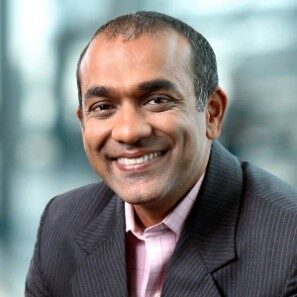
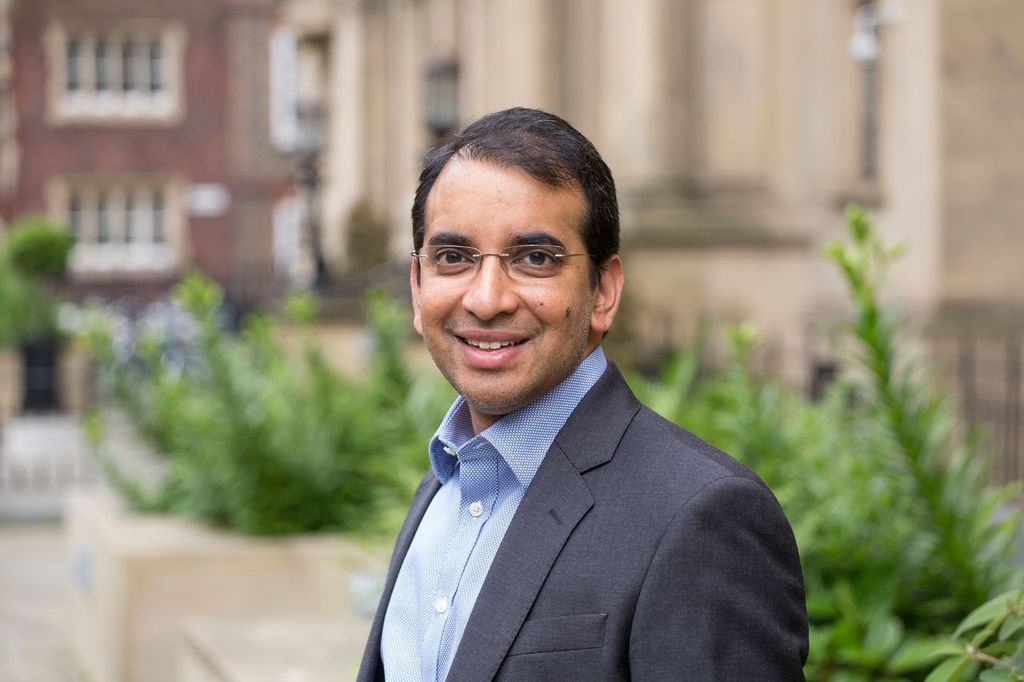
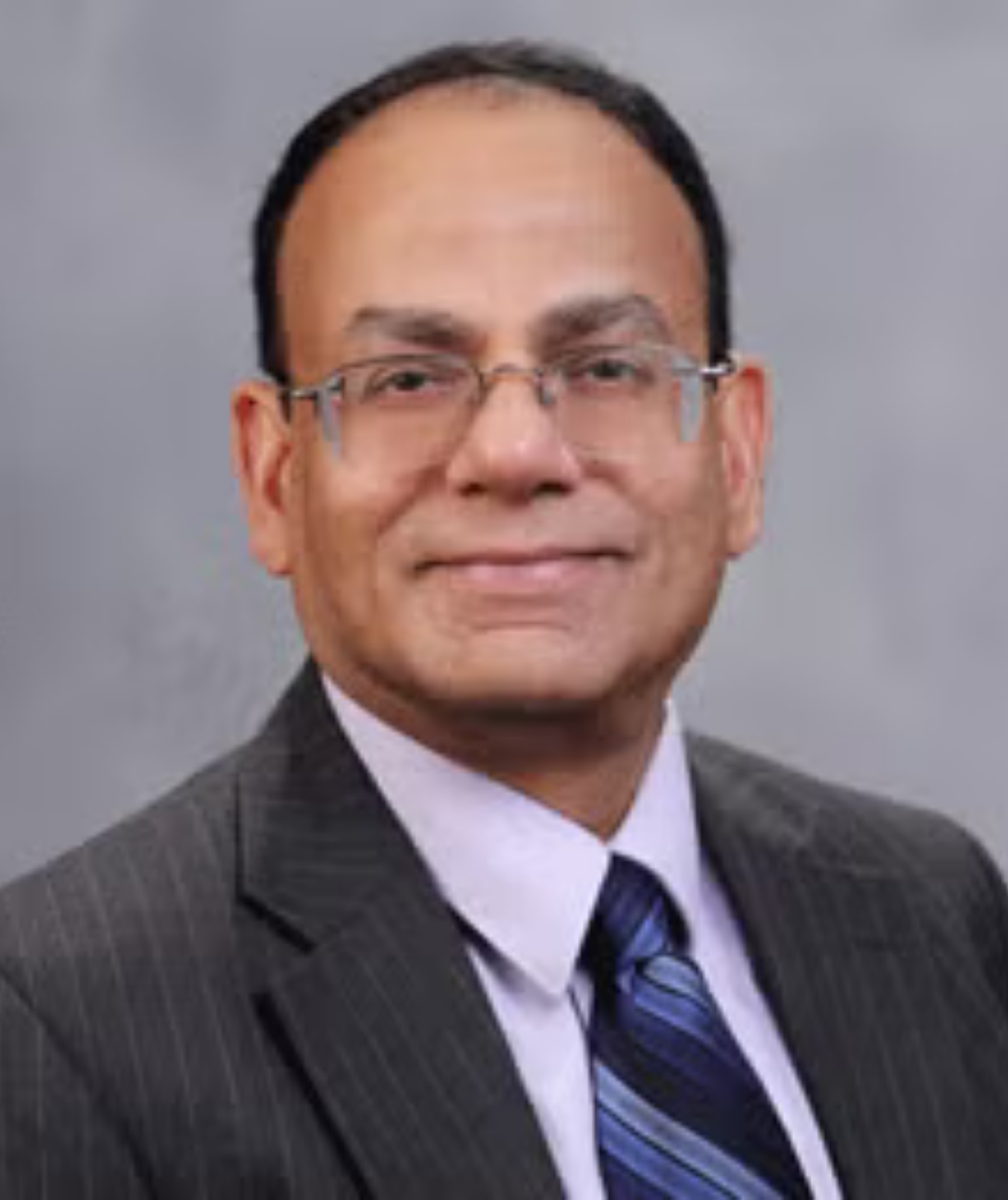
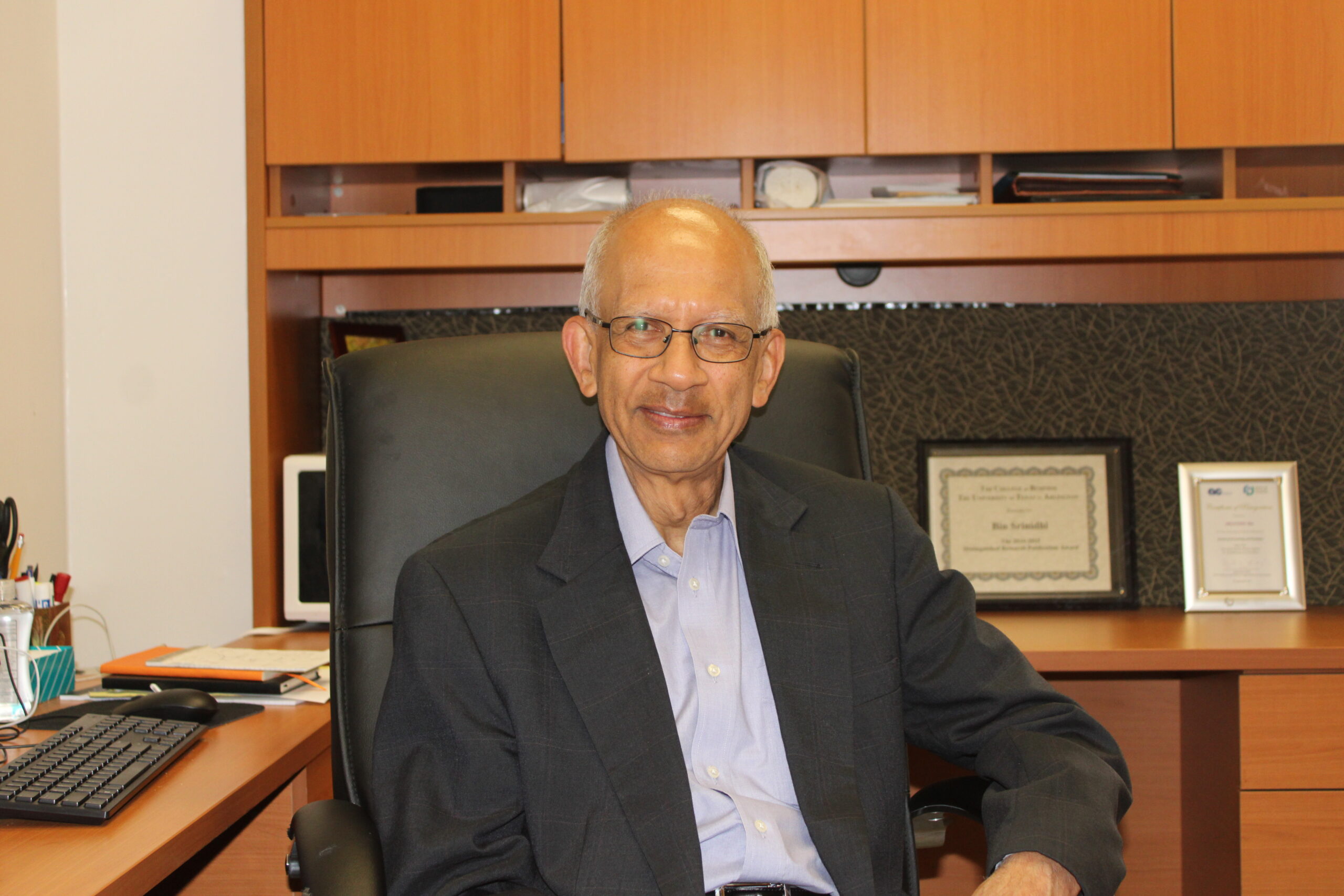
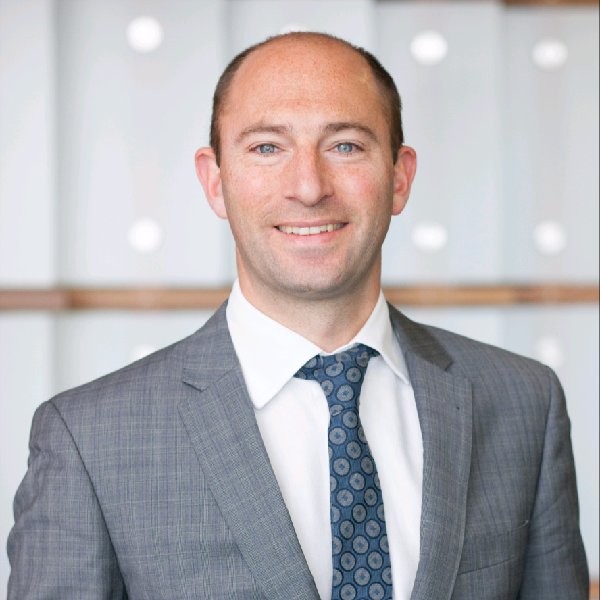

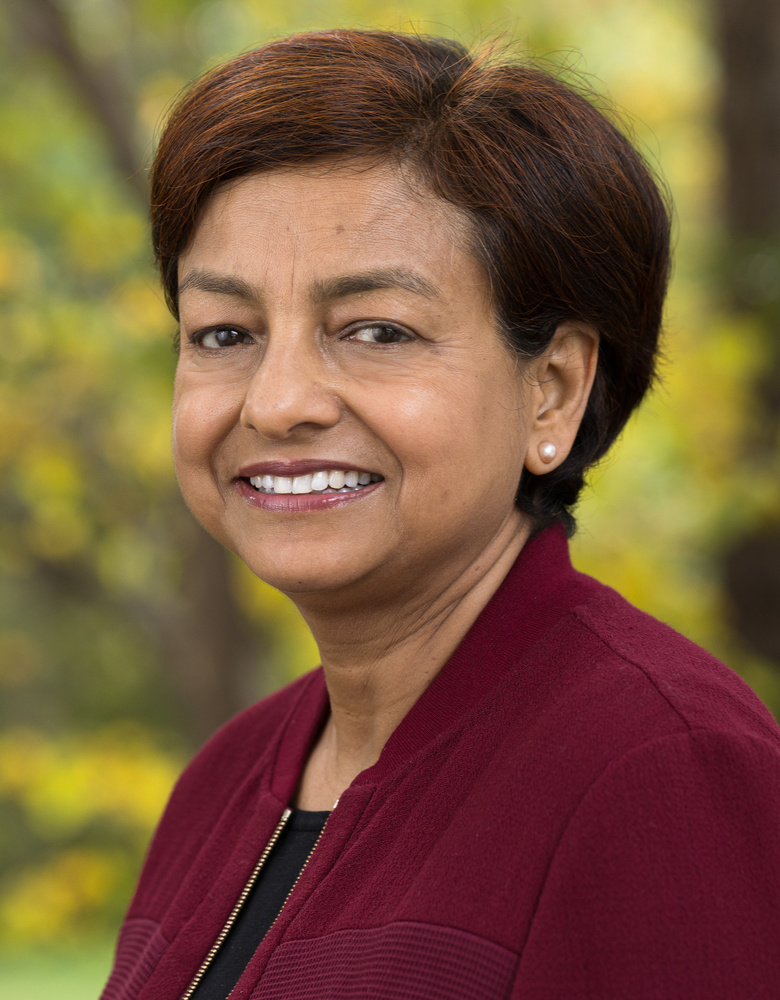
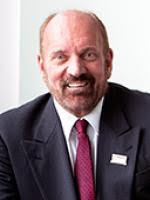
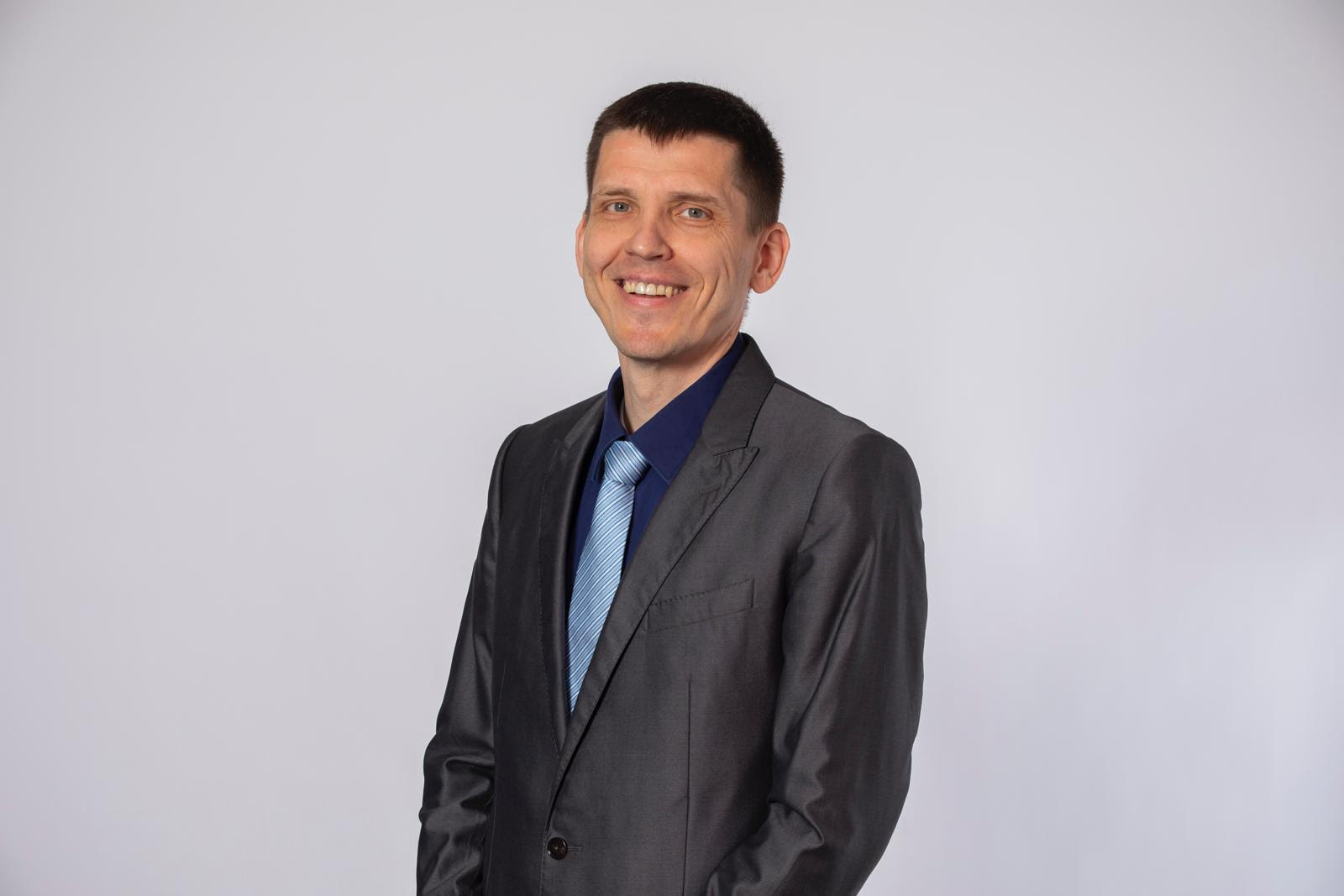
The objective of this workshop is to expose participants to studies examining the impact of Covid pandemic related events and policy decisions, such as government relief programs, credit and liquidity policies, lockdowns, etc, on firms’ policies, borrowing behavior of firms, liquidity in the financial market, consumers’ financial behaviors, etc. The workshop would mainly focus on the State-dependent effects of credit and liquidity policies on firm’s financial decisions, effects of leverage and liquidity on firms’ borrowing, investment, and credit spread during Covid 19, the differential impact of various policy decisions on firms’ financial behavior, assessing the relative costs and benefits of government policies, the impact of certain government policies on probabilities of default and the moderating factors, and how different policies may be more or less effective responses to different types of shocks. The workshop will also discuss economic factors that affect consumers’ borrowing decisions, impact of economic shocks and government relief programs on financial access to consumers during COVID-19 pandemic and its dynamics.
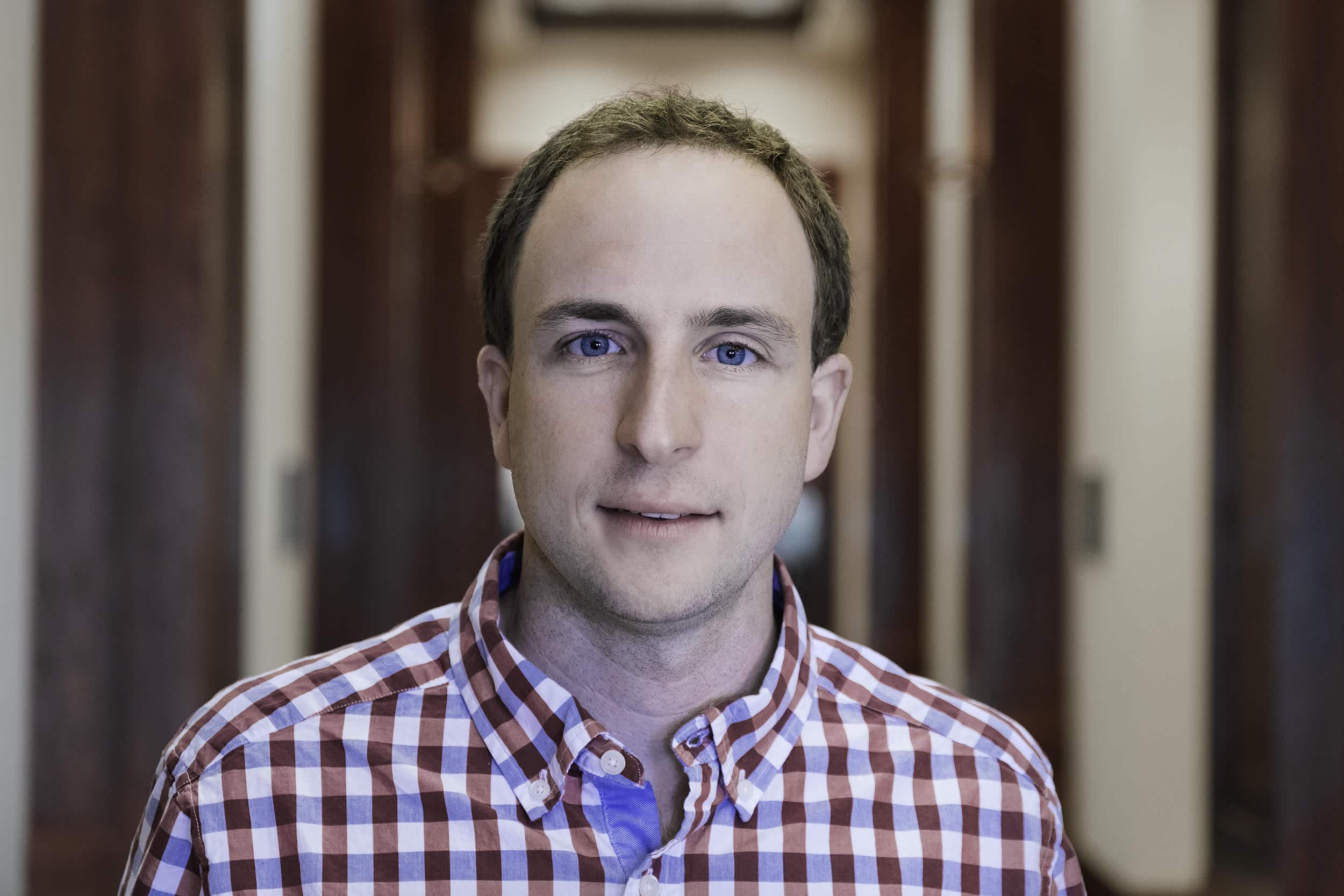
Julian Kozlowski is a Senior Economist at the Federal Reserve Bank of St Louis. Kozlowski earned a BA in Economics from Di Tella University (in Buenos Aires, Argentina) and a PhD in Economics from New York University. Most of his research focuses on macroeconomics and finance. Julian published articles in the Journal of Political Economy, American Economic Journal: Macroeconomics, Journal of Economic Theory, and Review of Economic Dynamics, among other journals.
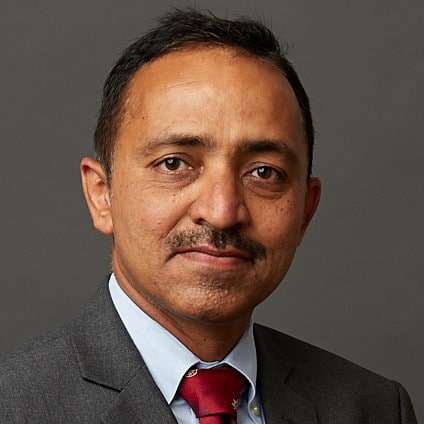
Dr Anand Goel is a financial economist. He is an associate professor of finance and director of the financial innovation program at Stevens Institute of Technology. He teaches graduate and undergraduate courses in finance to business students. He has several years of consulting experience advising businesses on corporate financial management and in litigation cases involving securities and financial instruments. Dr Goel has visited the Federal Reserve Bank of Chicago as a research economist. His research articles have been published in top-tier peer-reviewed finance journals such as Journal of Business, Journal of Finance, Journal of Financial Economics, Journal of Financial Intermediation, and Review of Financial Studies. His research is in the areas of financial innovation, corporate finance, behavioral finance, financial intermediation, and banking. Dr Goel has a PhD in Finance from University of Michigan, a Master in Business Administration from the Indian Institute of Management, Calcutta, and a Bachelor of Technology in Electrical Engineering from Indian Institute of Technology, Delhi.
The workshop is open to all but here are a few factors that could aid your decision as an attendee
-Prior knowledge of econometrics and corporate finance is helpful
-Early career researchers, faculty members and doctoral students having interest in event studies, research in economic policies, and specialising in empirical corporate finance.
-Interest in event studies and natural experiments related to Covid pandemic and government policies and their impact on firm level financial decisions and consumers’ financial behavior
There are no registration fees to the workshop and we look forward to your participation.
The online portal for registration will open on 30 November, 2022
Dr Praveen Bhagawan M
Area Chair (Accounting, Finance, and Quantitative Finance)